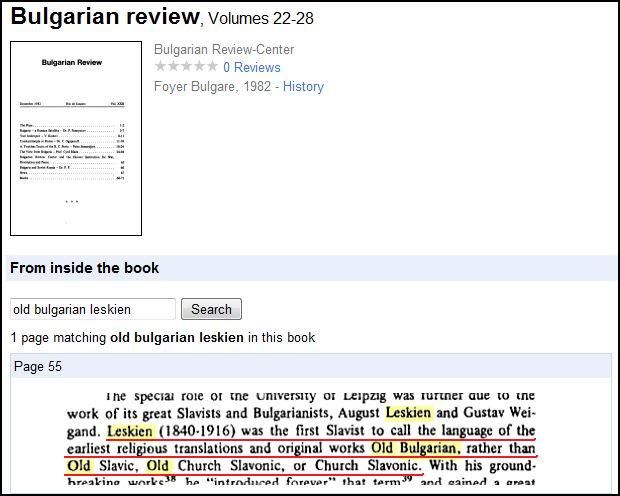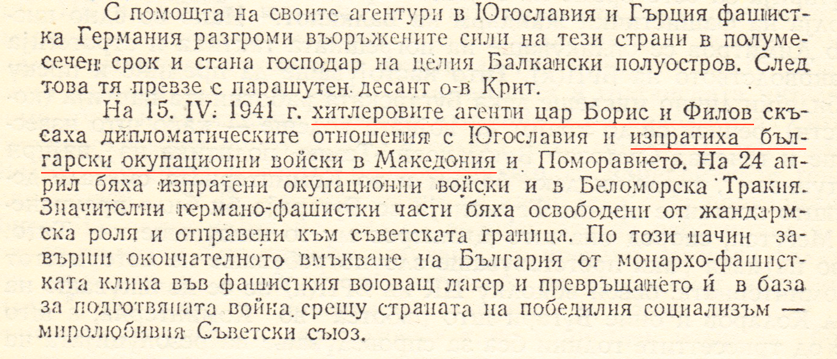Nice post Bill. I remember seeing a post like that on here just don't remember the topic.
Here's some more about our Bulgar friends and the fantasies their forefathers invented;
Nationalism, globalization, and orthodoxy, Victor Roudometof page 134.
Here's some more about our Bulgar friends and the fantasies their forefathers invented;
In 1867 the Society (Society for Bulgarian Literature) sponsored the foundation of the St. Cyril and Methodius School, the most important of all Bulgarian schools. It was named after the brothers Cyril and Methodius, the two monks responsible for inventing the Cyrillic alphabet, whom Bulgarian nationalists declared to be Bulgarian nationals.









 I don't think so Mladenov.
I don't think so Mladenov.
Comment